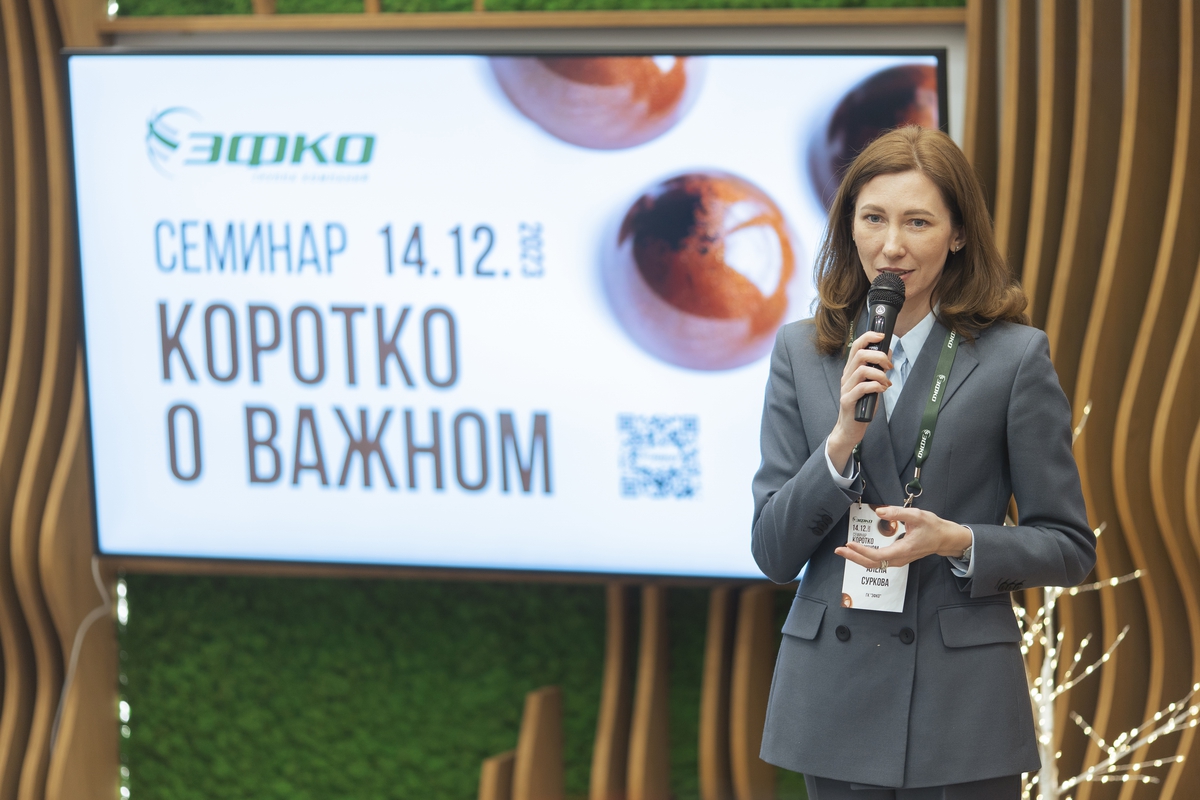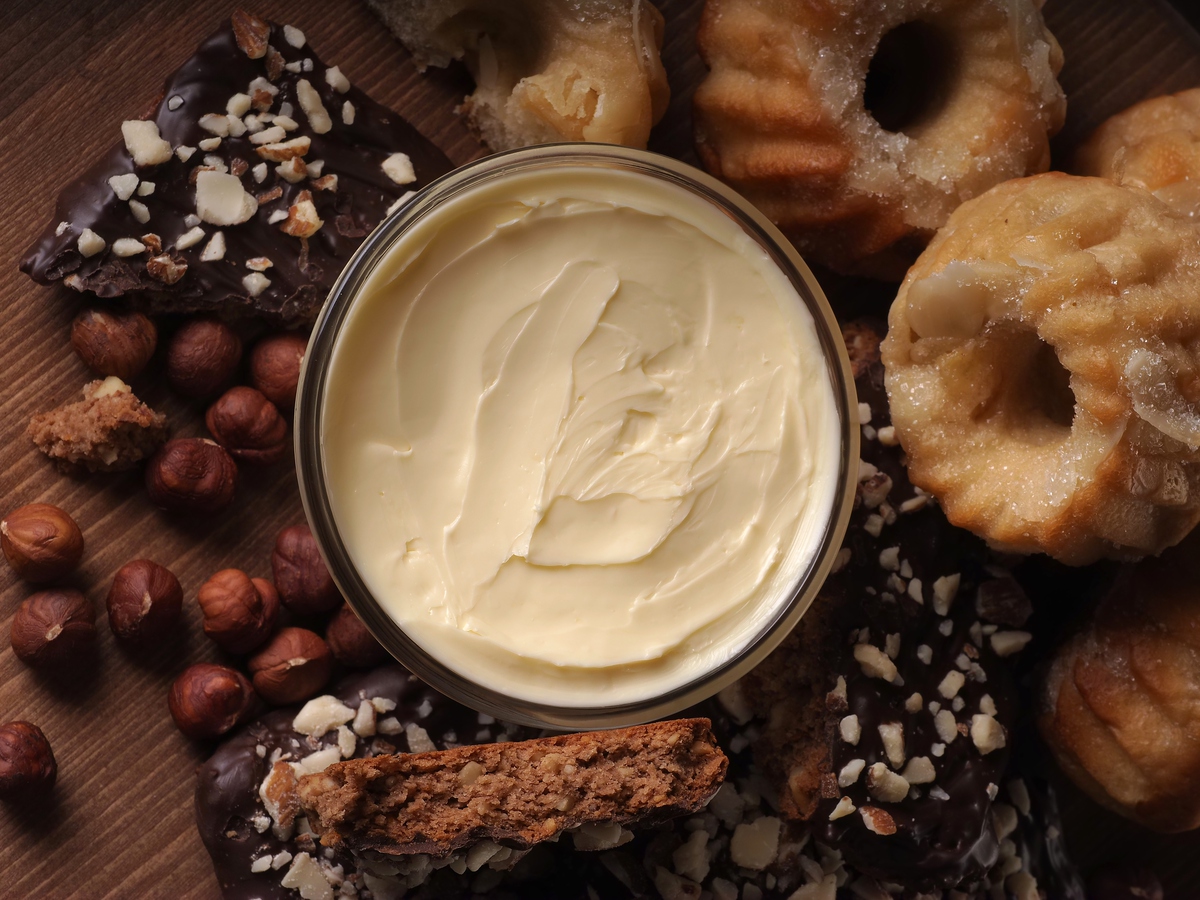The Oils and Fats Division of the EFKO Group continues to expand its supplies to East Asia. In November, a seminar dedicated to the use of margarines and specialty fats in the baking industry was held in Ulan Bator. The company's technologists discussed market development opportunities with producers and proposed possible solutions.
The Mongolia market is one of the most promising in East Asia. Today, it offers a rather narrow range of confectionery and bakery products, giving manufacturers every opportunity to become leaders in these segments.
Launching new production facilities and expanding existing ones requires knowledge: how to choose ingredients, how to use them, and what product formulations are of interest to today's consumers.
With more than 20 years of experience, our company has accumulated a tremendous amount of expertise — and we are ready to share our experience to help our partners develop their businesses.
The key ingredient in baking is, of course, margarine. It is essential both for the dough itself and for the preparation of creams. There are many details in working with it, and it is not always possible to start its production quickly. For example, one of the most common problems in the launching of puff pastry products is the tearing of the dough when rolling it out.
"This problem is mainly caused by incorrect handling of margarine," says Sofia Tokar, EFKO technologist. — The reason for this can be the introduction of margarine at a low temperature, the difference in plasticity of dough and margarine, the thickness of the dough when it is rolled out on the laminator, and the length of time the dough is kneaded. Margarine for "puffs" should be firm and plastic so that the fat product is evenly distributed on the surface of the dough — this reduces the likelihood of tearing during rolling. The optimal option is Ecoslice from our assortment. It allows you to get croissants with even, clear layers and a toasted crust”.
During the seminar, we held a master class to show the participants all the peculiarities of working with our products. We made several types of croissants at once - yeast and chocolate croissants, and we also learned how to choose margarine for shortbread cookies - we baked them according to all the rules!
Participants left a number of feedbacks:
"The information on the use of low-fat margarines was very useful, we will also take into account the recommendations on how to achieve layering of baked goods through proper dough rolling".
"We got to know the company's assortment, we were interested not only in margarines for baking, but also in frying oils for cooking hot dishes.”
"One of the main advantages is the ability to produce a wide range of products using just one type of EFKO margarine."
"The analysis of demand in the Mongolia market has shown a high demand for supplies of margarines and specialty fats," says Eduard Tsuverkalov, Director of the Export Sales Development Department of the EFKO Group. — The market needs its own bakery and confectionery products, the production of which requires high-quality ingredients. Our company supplies products to almost 20 countries around the world, and we continue to strengthen our position in the Asian market".



